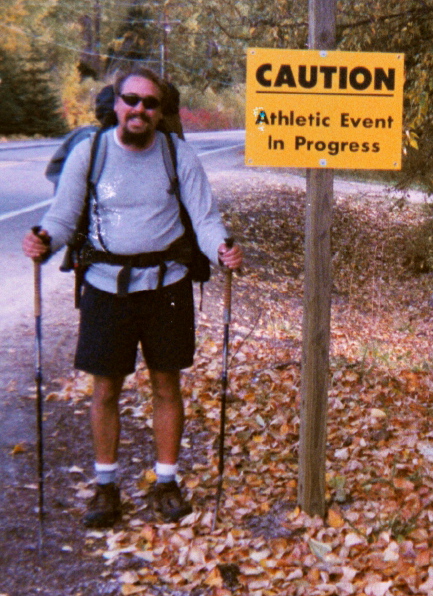Oysters Go Electric
A marine biologist from New York has come up with a new way to help the oyster come back.
Perhaps they will try this in the Chesapeake Bay. We need to do something to bring back the oysters. The oysters are needed to bring the bay back to health.
Solar panels perched atop poles provide the helixes with a low voltage. The current causes a chemical reaction in seawater, and limestone builds up on the electrified metal. The ready supply of shell-building minerals, Cervino says, will help the oysters, decimated here and elsewhere by overharvesting, pollution, and disease. Cervino's collaborator, Thomas Goreau, president of the Global Coral Reef Alliance, has shown that electrification can help damaged coral reefs regenerate. It seems to be helping the oysters here as well, he says. Oysters in mesh sacks at the spirals' base are alive while control oysters – those farther from the electric field – have all died.
Perhaps they will try this in the Chesapeake Bay. We need to do something to bring back the oysters. The oysters are needed to bring the bay back to health.
Don Boesch, president of the University of Maryland Center for Environmental Science in Cambridge, Md., calls oysters "the coral reefs of the East Coast." Oyster-restoration projects are at various stages in Florida, South Carolina, Chesapeake Bay, New York, and New Jersey. Before European settlement, oyster reefs covered some 350 square miles around New York. Their importance as a species stems from their ability to filter large amounts of water. Depending on its size, an oyster filters between 5 and 50 gallons of water daily. Water now murky with algae and other organic matter was, in earlier times, almost certainly clear.[...]
The oysters used to filter the entire bay every three to four days. Even 20 years ago the bay still produced a couple million bushels a year. Then the diseases arrived. By last year, the harvest had dropped to 100,000 bushels. The oysters that remain now manage to filter the bay three to four times a year.



No comments:
Post a Comment